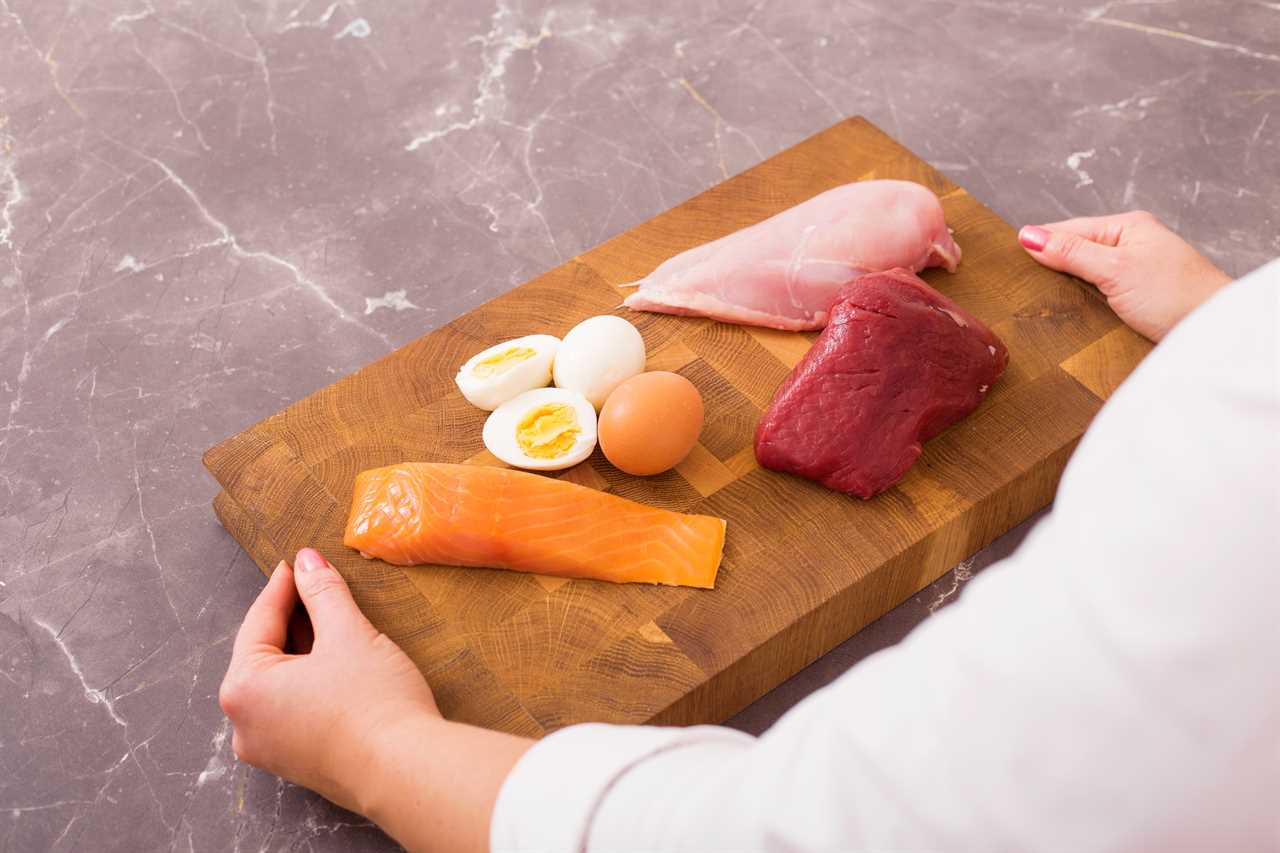HAVING a well-balanced diet is a great way to keep your overall health in check.
Whether you’re a fan of all things the Mediterranean diet or you’re currently on Keto, experts say what you eat could increase your risk of cervical cancer.

Cervical cancer is the 14th most common cancer in the UK and symptoms include an increased need to urinate, lower limb swelling and incontinence.
Data shows that there are around 3,200 new cervical cancer cases in the UK every year, which equates to around nine cases every day.
Experts say that having a balanced diet, helps bolster your immune system and that having enough antioxidant nutrients in your diet can reduce your risk of developing cervical cancer, as the mitigate the impact of HPV.
You can use your diet to help lower your risk of developing cervical cancer – but that doesn’t mean you have to cut entire food groups out.
Previous studies have shown that the Western-style diet is associated with the development of cervical cancer.
The Western diet typically includes a lot of foods that are highly processed.
Diets high in red meat, high sugar, high fat and pre-packaged foods have all been proven to increase the risk of chronic illness if consumed in excess.
However, studies have found that sticking to a Mediterranean diet, which is high in vegetables, beans and fish can lower the risk of both HPV and cervical cancer.
People who also have a diet rich in vitamins C, E and A may also supress the development of cervical cancer and studies say that these diets are specifically beneficial to those who smoke.
Having enough vitamin D in your diet, can also help the prevention of cervical cancer.
A study in 2020 found that vitamin D deficiency has been found to be associated with an increased risk of cancer.
Foods with vitamin D include oily fish, red mea, liver and egg yolks.






